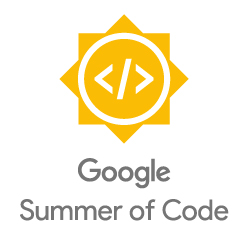Does your open source project want to learn more about becoming a mentoring organization? Visit the program site and read the mentor guide to learn about what it means to be a mentor organization, how to prepare your community (hint: have plenty of enthusiastic mentors!), creating appropriate project ideas (that will be ~175 hour projects for the student), and tips for preparing your application.
We welcome all types of organizations and are very eager to involve first-time organizations with a 2021 goal of accepting 40 new orgs. We encourage veteran organizations to refer other organizations they think would be a good fit to participate in GSoC as well.
Last year, 1,106 students completed the program under the guidance of over 2,000 mentors from 198 open source organizations. Many types of open source organizations are involved in GSoC, from small and medium sized open source organizations to larger, umbrella organizations with many sub-projects under them (Python Software Foundation, Apache Software Foundation, etc.). Some organizations are relatively young (less than 2 years old), while other organizations have been around for 20+ years.
You can apply to be a mentoring organization for GSoC starting today on the program site. The deadline to apply is February 19th at 19:00 UTC. We will publicly announce the organizations chosen for GSoC 2021 on March 9th.
Please visit the program site for more information on how to apply and review the detailed timeline of important deadlines. We also encourage you to check out the Mentor Guide and our short video on why open source projects want to be a part of the GSoC program.
Good luck to all open source mentoring organization applicants!






